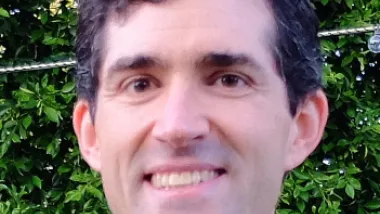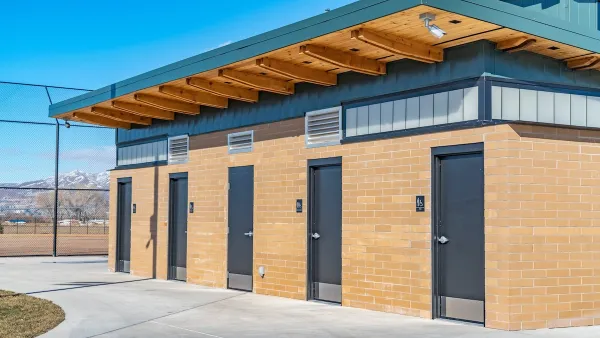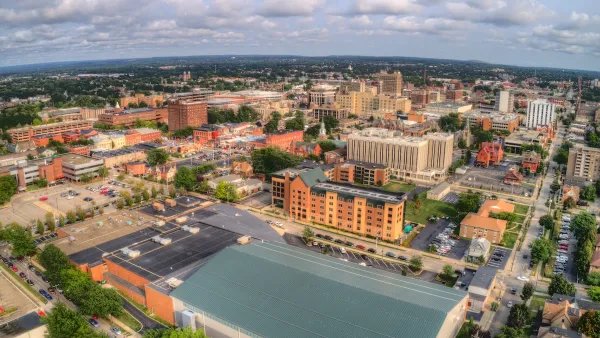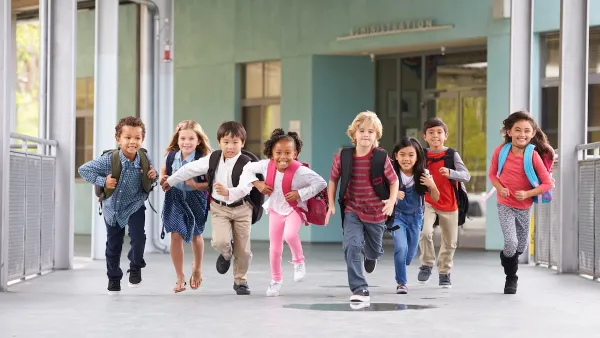I am writing this missive from the living room of a Starbucks. Not that you'd care where I'm writing from. Except this time it's relevant.
Here on Montana Avenue, in Santa Monica, I'm joined by other folks who are also on their laptops, recovering from yoga, or just biding their time. The guy sitting at my table just sold a pilot to Fox. That's nice for him. A few weeks ago I sat next to Hillary Swank here. She's not hurting either.
But others aren't so lucky. To its credit, Starbucks seems to want to do something about it.
As Joe Nocera wrote admiringly in yesterday's New York Times (
http://www.nytimes.com/2011/10/18/opinion/nocera-we-can-all-become-job-…), Starbucks is setting up a quasi-charitable fund called Create Jobs for USA (
http://www.createjobsforusa.org/) to give loans to small business proprietors. Starbucks is signaling that if the federal government refuses to take measures to promote community development and if banks refuse to lend money -- because they long ago decided that lying and lobbying offered the clearest path to profits -- then the task must fall to Americans themselves.
There's something admirable here, something not so admirable, and something both self-serving and transcendently brilliant. All of it could help cities.
The admirable part is that Starbucks has an idea that might help both businesses and out-of-work Americans, and it's putting up $5 million of its own (nearly bottomless) funds to do it. The less admirable part is that this move could be considered just another cloying public relations gesture.
Yes, those "Indivisible" wristbands are going to get old really fast. But here's a timeless truth that Starbucks is acknowledging that no other major company has. As a business that operates literally at street-level in almost every community in America, Starbucks has finally turned a decades-old claptrap about corporate America on its head. We know how "well" General Motors has done. Starbucks has finallly realized that what's good for America is what's good for Starbucks. Not vice-versa.
Say Starbucks' scheme works, and small businesses hire more employees: what does that mean? More prosperity, disposable income. What does that mean for Starbucks? Duh. Selling more coffee. More people who need a caffeine fix on their way to work. Fewer people taking up space because they have nowhere else to go and nothing else to do.
This is the best kind of self-interest, building on the inverse relationship between marginal spending and income is so axiomatic -- to everyone but Republicans -- that it hardly bears mentioning. It's the sort of thing that Walmart, Old Navy, McDonald's and every other company that markets to the bottom 99 percent should clue into. General Motors might want to think about it too. (Bank of America and Morgan Stanley.... they can just keep doing what they're doing.)
What does this have to do with
land use? Lots. As I, and plenty of others, have written before (on my last post, in fact
http://www.planetizen.com/node/50502), hypercapitalist chain stores--that have benefitted as much from regulatory kindness as from business savvy--have not been kind to urban America. Starbucks is another story. On the one hand, they're every bit as homogenous as McDonald's. But they've also activated countless urban places in cities and strip malls across the country. I only lament that America couldn't have a few more independent coffee places, whose profits don't go to Seattle and stockholders but rather stay in their local communities.
But that's exactly what Starbucks' initiative could do. In the best of all worlds, if this kind of self-help scheme works, some of those small businesses might just be coffee houses -- and both they and Starbucks will have plenty of customers to go around. They say that a rising tide lifts all boats. If that tide is made of coffee, then so be it. This country needs any help it can get.
If this scheme works, then maybe I, and everyone else in America's cities, will have a few more nice places in which to spend a Tuesday afternoon.



































